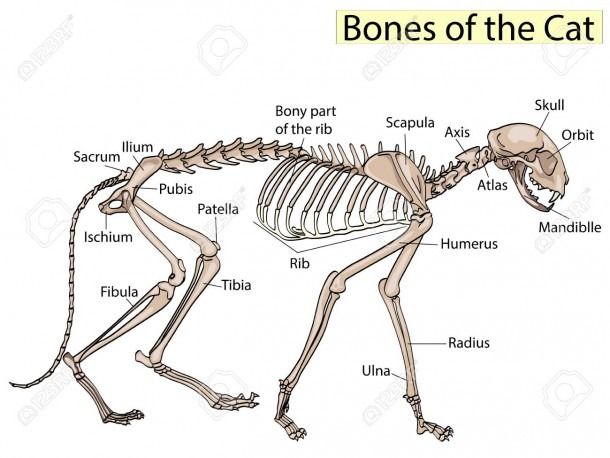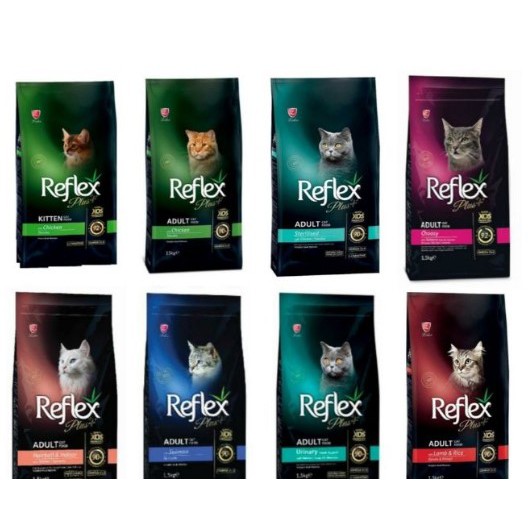Best Cat Food for Indoor Cats: A Comprehensive Guide to Nutrition and Health
Introduction:
Indoor cats, while enjoying the comfort and safety of living inside, face unique challenges that require a specialized diet to maintain their health and well-being. With a limited ability to engage in physical activity and a higher risk of certain health conditions, choosing the right cat food is crucial for indoor felines. This comprehensive guide will delve into the nutritional needs of indoor cats, explore the best cat food options, and provide valuable tips for maintaining a healthy diet for your beloved companion.
Unique Nutritional Needs of Indoor Cats:
- Reduced Energy Requirements: Indoor cats typically have lower energy expenditure compared to their outdoor counterparts. This means they require fewer calories to maintain a healthy weight, reducing the risk of obesity and associated health issues.
- Digestive Sensitivity: Indoor cats may be more prone to digestive issues due to a lack of exercise and stress. A diet rich in easily digestible ingredients and low in fillers can promote a healthy digestive system.
- Urinary Tract Health: Indoor cats have a higher risk of urinary tract problems, including urinary tract infections (UTIs) and feline lower urinary tract disease (FLUTD). A diet that promotes urinary tract health and prevents the formation of crystals and stones is essential.
- Dental Health: Indoor cats may have a higher risk of dental problems due to a lack of chewing on hard surfaces. Dry food or dental treats can help promote dental hygiene and prevent gum disease.
- Skin and Coat Health: Indoor cats’ skin and coat can suffer due to a lack of exposure to sunlight and natural oils. A diet rich in essential fatty acids, vitamins, and minerals can support healthy skin and a shiny coat.
Choosing the Best Cat Food for Indoor Cats:
- Quality Ingredients: Opt for cat food made with high-quality, real ingredients that are easily digestible and provide essential nutrients. Avoid foods with excessive fillers, artificial flavors, and low-quality protein sources.
- Protein Content: Indoor cats need a diet high in protein to maintain muscle mass and overall health. Look for cat food with a protein content between 30% and 40%.
- Carbohydrates: While cats are obligate carnivores, they still require some carbohydrates for energy. Choose cat food with moderate carbohydrate levels, ensuring it comes from digestible sources like brown rice or oats.
- Fats: Fats are an essential source of energy and provide essential fatty acids for healthy skin and coat. Look for cat food with a fat content between 5% and 15%.
- Fiber: Fiber can help support a healthy digestive system and prevent constipation. Choose cat food with a moderate amount of fiber, around 2-4%.
- Minerals: Essential minerals like calcium, phosphorus, potassium, and magnesium are crucial for bone health, kidney function, and overall well-being. Ensure the cat food provides an adequate balance of minerals.
- Vitamins: Vitamins are essential for various bodily functions and overall health. Look for cat food that contains a complete vitamin profile.
Tips for Maintaining a Healthy Diet for Indoor Cats:
- Portion Control: Avoid overfeeding to prevent weight gain and associated health issues. Determine the appropriate daily food intake based on your cat’s age, weight, and activity level.
- Regular Feeding Schedule: Establish a consistent feeding schedule to help regulate your cat’s digestive system and prevent overeating.
- Water Availability: Provide fresh, clean water at all times. Proper hydration is crucial for overall health and can help prevent urinary tract problems.
- Variety: Offer a variety of flavors and textures to keep your cat interested in their food and prevent boredom.
- Avoid Table Scraps: While occasional treats are acceptable, avoid giving your cat table scraps or human food regularly. These can disrupt their diet and contribute to weight gain.
- Monitor Weight: Regularly weigh your cat to ensure they are maintaining a healthy weight. Consult your veterinarian if you notice any significant weight changes.
Conclusion:
Choosing the best cat food for indoor cats is a crucial aspect of their overall health and well-being. By understanding their unique nutritional needs and carefully selecting cat food that meets those requirements, you can help your indoor feline thrive and enjoy a long, healthy life. Remember to consult with your veterinarian to address any specific dietary concerns or conditions your cat may have.







